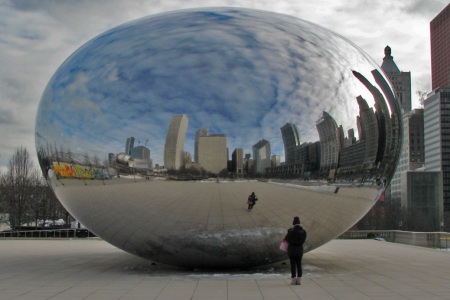“Sustainable” as used in this blog means “a practice that can continue indefinitely without depletion of any requisite resource.”
“Indefinitely” means forever, folks.
My definition includes the idea of resource depletion. You could say, for instance, that Energy Generation can be a sustainable activity if your plan is to exhaust one resource after the next in the expectation that we will always discover a new resource to replace the last. I find that personally unacceptable, so my definition includes prevention of depletion of resources.
This is distinct from perpetual motion — the magical production of something while consuming or depleting nothing. Some resources really are renewable, and if we consume them no faster than they renew, a practice may be sustainable.
I am an engineer, and when trying to understand how a system works, one analysis tool I like to use is “Take it to the Limit”. I run various parts of the system out to their extreme limits to better see which way the system trends. For instance, how much raw material should the factory keep on the floor? Less inventory is good for cash flow, but as inventory trends toward zero, I can’t fill orders on time. Large inventory means I always have what I need and I can fill orders with increasing speed and efficiency, but as inventory trends toward infinity, I run out of cash and go broke.
So for example, is human population growth sustainable? Take it to the limit: the Earth’s resources are finite, including surface area. As population trends towards infinite, we run out of resources like space — not to mention water, food and oxygen. So population growth is not a sustainable enterprise, by my definition. The extractive industries — mining, oil & gas — are clearly not sustainable because, as far as we know, the resources are finite and non-renewable. Therefore, in the limit, they cannot be sustained indefinitely.
This may seem obvious, but the gist of this blog will be to point out ways this obvious truth has been redefined to protect the status quo.

One Comment Add yours